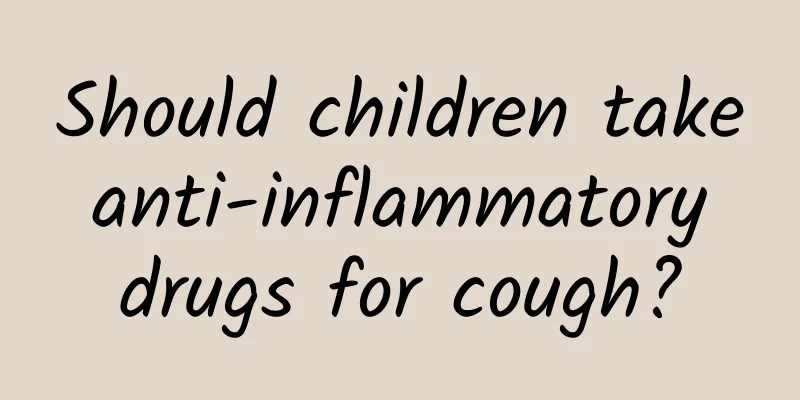The dangers and side effects of neonatal jaundice

|
Neonatal jaundice may cause serious complications, such as bilirubin encephalopathy, which must be taken seriously and treated promptly. It is mostly caused by abnormal bilirubin metabolism, and premature birth and breastfeeding are also high-risk factors. Active responses, including phototherapy and exchange transfusion therapy, can effectively reduce the risk. 1 Causes of neonatal jaundice Neonatal jaundice is mainly divided into physiological and pathological. From the perspective of genetic factors, if there is a history of bilirubin metabolism disorders in the family, the risk of neonatal jaundice may increase. Environmental factors, such as low room temperature and untimely feeding after the birth of the newborn, may affect the metabolism of bilirubin. Physiologically, the liver function of the newborn is not yet mature and cannot metabolize bilirubin efficiently, which can easily lead to increased bilirubin in the blood. Pathological jaundice may be caused by hemolytic diseases such as maternal and child blood type incompatibility, infections such as sepsis, traumatic head birth injuries, subcutaneous hematomas or premature births. 2 The dangers of neonatal jaundice Physiological jaundice generally disappears within two weeks and has no obvious adverse effects on health. Pathological jaundice is potentially harmful, especially when the bilirubin concentration is too high, which may lead to bilirubin encephalopathy, also known as kernicterus, which can damage the baby's brain development and, in severe cases, can cause deafness, visual impairment, and even cerebral palsy. Jaundice may also affect the baby's liver and kidney function, leading to an increased risk of infection. 3 Treatment of neonatal jaundice 1. Phototherapy: Using blue light to degrade bilirubin in the blood is a common method for treating neonatal jaundice. The duration and frequency of phototherapy should be determined according to the condition. 2. Exchange transfusion therapy: It is used for children with severe jaundice or acute bilirubin encephalopathy, which helps to quickly reduce the bilirubin content in the blood. This method requires to be performed in experienced medical institutions. 3. Drug treatment: Enzyme inducers can promote bilirubin metabolism, and intravenous albumin can reduce the risk of bilirubin entering the brain, but it needs to be used after evaluation by a professional doctor. 4 Breastfeeding adjustments: Due to breast milk jaundice, it is recommended to suspend breastfeeding for 48 hours and increase formula feeding. Breastfeeding can be gradually resumed after the jaundice is alleviated. Paying attention to early detection and standardized treatment of neonatal jaundice can avoid serious complications. Parents need to observe whether their children have symptoms such as yellowing of the skin and sclera, and seek medical attention as soon as possible if there are any abnormalities. Relying on professional medical means, combined with good feeding and care methods, can help newborns quickly recover healthy development. |
<<: What are the early symptoms of polio?
>>: What tests are done to diagnose Hirschsprung's disease?
Recommend
What are the symptoms of polio during the incubation period?
Polio is an acute infectious disease. Many parent...
Can Hirschsprung's disease be detected in the fetus?
Hirschsprung's disease can be detected during...
What medicine is the best for children with diarrhea? Common causes and nursing measures for children with diarrhea
Before the cause is identified, changes in stool ...
How to solve the problem of baby's jaundice not going away after 36 days
Physiological jaundice in newborns is actually ve...
Treatment for eczema in children
Children with eczema require careful care from th...
What are the main principles for treating cough in children?
The principle of treating children's cough is...
How to treat zinc deficiency in children?
When a child is zinc deficient, he must first und...
What causes convulsions in children?
Pediatric convulsions are a common pediatric emer...
Do symptoms of hand, foot and mouth disease in adults indicate poor immunity?
The symptoms of hand, foot and mouth disease in a...
Can polio be cured?
Polio is a relatively serious disease that troubl...
What causes convulsions in children? Is it possible that convulsions in children are caused by congenital central nervous system malformations?
Children are more prone to convulsions. Every tim...
What should patients with Kawasaki disease eat?
Once our children become ill, parents will be ver...
How to check pneumonia in children
There are certain standards for pneumonia examina...
What to do if your child coughs and has phlegm
Every time when the seasons change, we often hear...
How much does it cost to care for pediatric eczema?
How much does it cost to care for pediatric eczem...









